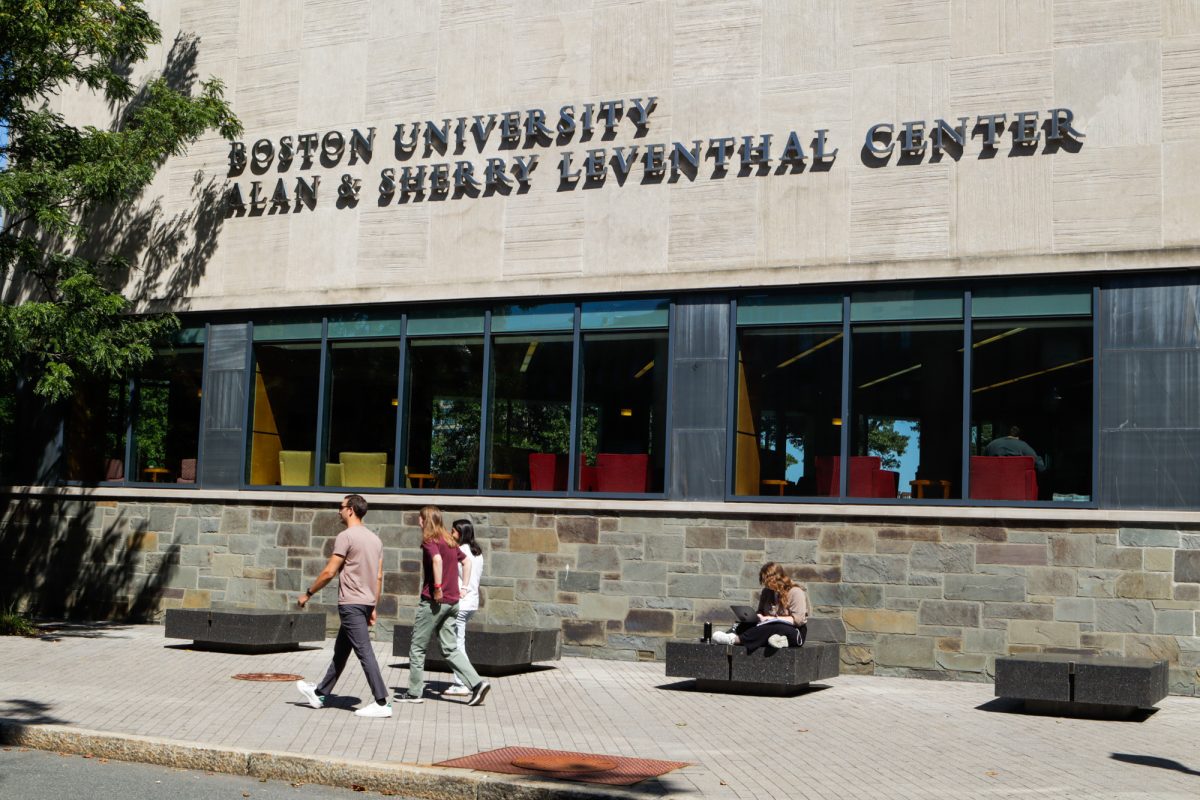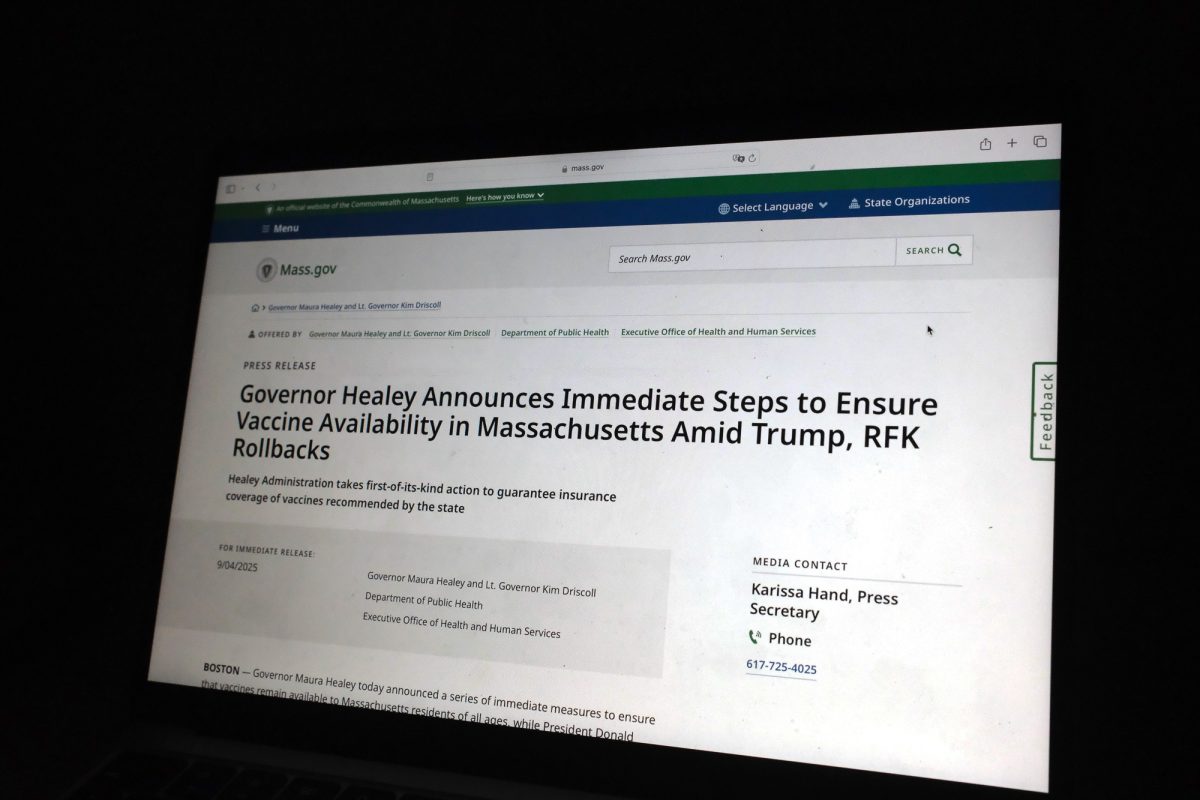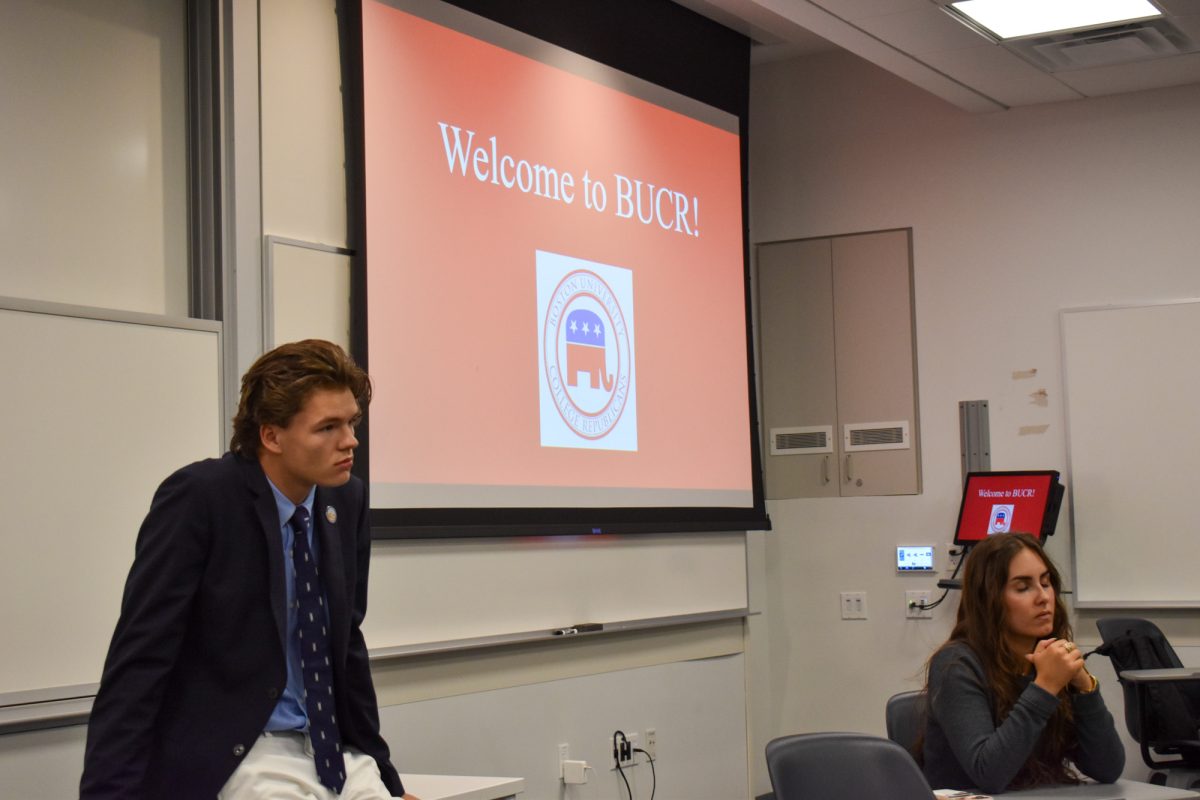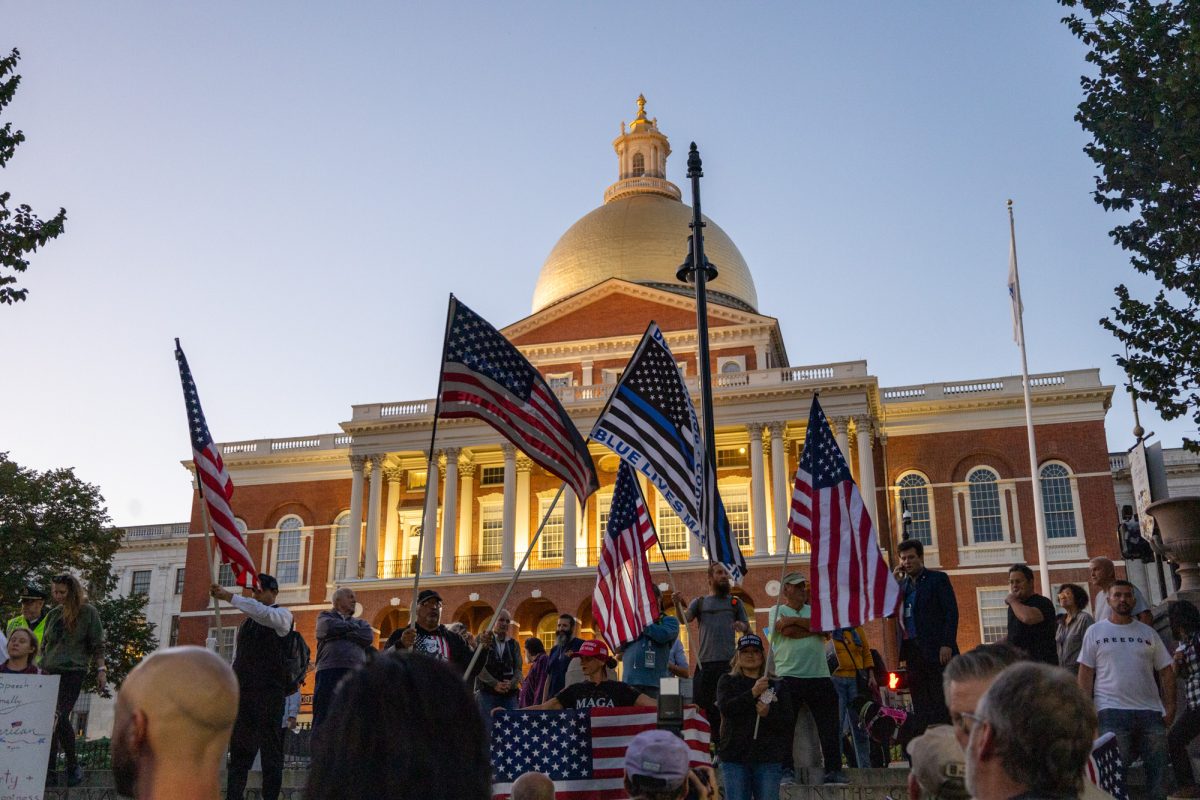Global climate policy experts emphasized the importance of providing incentives, balancing interests and creating sustainable initiatives to bridge the gap between climate policy and implementation Friday during a panel at the Climate Policy Lab Symposium at Tufts University’s Fletcher School.
The “From Policy Design to Action: Bridging the Climate Policy Implementation Gap” panel was made up of five experts who are either from or specialize in policy in South Africa, South America, Europe, the United States and the United Arab Emirates.
The panelists presented to a crowd of about 100, sharing the methods being taken to address climate policy and their successes and challenges. They explained that job creation, the economy, infrastructure and social issues all play into policy-making decisions related to climate and energy.
Samantha Gross, director of the Energy, Security and Climate Initiative at the Brookings Institution — a Washington D.C.-based nonprofit and public policy organization — said climate policy needs to “find out what people care about the most and meet them there” without disregarding other issues.
“People have other concerns,” Gross said. “It’s a blessing for me that I get to spend my career and my working time worrying about climate change issues.”
To pass effective energy policy, governments need to increase their focus on marketing strategies and using climate policy to further a jobs policy or encourage economic growth, she said.
“As long as we’re pitching this as a moral issue, as an issue that involves us giving up something [or] changing something in our day-to-day lives, we’re not going to get anywhere,” Gross said. “Not because people are bad or because they don’t care, but because it hasn’t reached the top of their pyramid of things to care about.”
Lukas Sokol, a senior advisor for design, sustainability and placemaking for Salama bint Hamdan Al Nahyan Foundation, a philanthropic organization dedicated to investing in the UAE, said the general principles and approaches to energy policy are “universal.”
“Every year the statistics improve because technology also improves,” Sokol said. “It gets a little bit more economical, so we can scale it up as well.”
A constantly changing industry requires responsiveness, said Lebogang Mulaisi, executive manager of research and policy for the Presidential Climate Commission of South Africa.
“You probably need to update [climate policy plans] quite frequently to catch up with the various sorts of innovations taking place,” Mulaisi said.
Panelists emphasized benefits of climate policy in other sectors — like community and economic development — as ways to push people toward renewable energy.
“Let’s not talk about the carbon, the intensive nature of our economy, as a deterrent [when] it’s actually an opportunity,” Mulaisi said. “There’s a lot of work to be done to get us to a point of net zero by 2030.”
Five recurring issues countries run into when treating carbon capture and storage are permitting, finance, planning, technology and justice, said Benjamin Sovacool, director of the Institute for Global Sustainability at Boston University.
“No country is the same,” Sovocool said. “They all have different status with how they treat [carbon capture and storage].”
Gustavo Ferreira, undersecretary for economic monitoring and regulation for the Brazilian Ministry of Finance, said there should be a focus on dialogue that translates to better decision making. This includes phasing out incentives that no longer make sense.
The symposium began Thursday and concluded Friday to allow participants to also attend New York Climate Week, which began Sunday.
Prior to the “From Policy Design to Action” panel, two other panels and two speakers discussed implementation gaps, green industrialization and health risks related to climate change.
The symposium concluded with a fireside chat addressing COP30, or the United Nations Climate Change Conference, which will be held in Belem, Brazil, Nov. 10 to 21.
COP30 marks the 30th U.N. climate conference and will “bring together world leaders, scientists, non-governmental organizations, and civil society to discuss priority actions to tackle climate change,” according to the U.N. website.
Its main focus is limiting a global temperature increase to 1.5 degrees Celsius, proposing new national action plans and progressing on economic promises made at COP29.
“The important thing is you demonstrate that this is possible,” Sokol said. “You demonstrate to the industry that you can actually do this, which means that everybody else can back that up.”















































































































